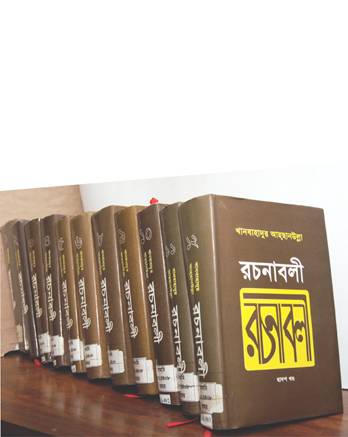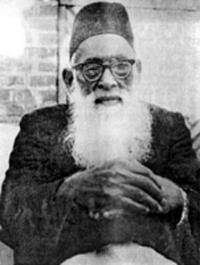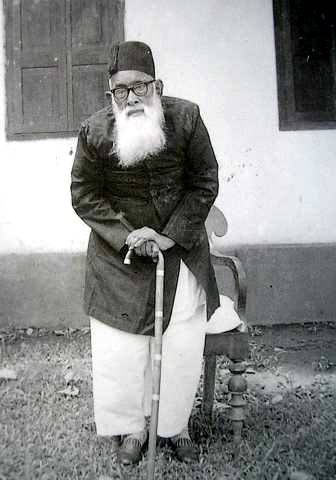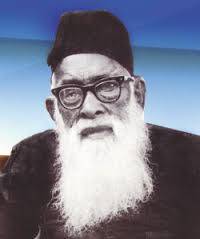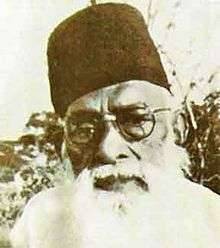Ahsania Books
Books of and on Khan Bahadur Ahsanullah (R.)
This website is designed for the readers to find books of Khanbahadur Ahsanullah (r) from the dedicated digital library and read or listen the books digitally. For convenience of the readers the books are classified under four thematic clusters: Islamic rules and principles, Sufism and spiritual development, Muslim history & tradition, Education philosophy and textbooks.
A section of the website is dedicated to upload the books written by others on the life and philosophy of Khan Bahadur Ahsanullah (R.)
Khanbahadur Ahsanullah (r.). a great saint, philosopher, renowned educationist and social reformer, dedicated his long chequered life for advancement of the backward community in late nineteenth and early twentieth century. He was the first Indian official to become a member of the Indian Education Service. He was the first Muslim member of Calcutta University Senate and Syndicate. He played an active role in the establishment of Dhaka University. As an Assistant Director of the Education Department in the undivided Bengal and Assam of British India, he made substantial reforms in the education system.
The entire gamut of literary thoughts of Khanbahadur Ahsanullah (r.) originated from his deep feelings for his country, his language and his desire to do good for the human kind. In the entire life, he relentlessly tried his hand on literature and creative writings. He wrote many books on spirituality, history, literature, Muslim traditions and the principles of Islam to bring about a renaissance in the lives of a decaying Muslim population of the time. Along with reflecting on the beauty of Islam, he presented in his writings, the inherent loftiness and the very essence of such religious creeds which made them so unique.
The very skill of his writing and the novelty in the presentation of the subject matters which had an unmistakable individualistic touch, transcended them from the temporal to the eternal, eventually earning them the honour of creative literature. By involving himself with the activities of various literary organizations, he also made literary endeavours and practice easy for others.
